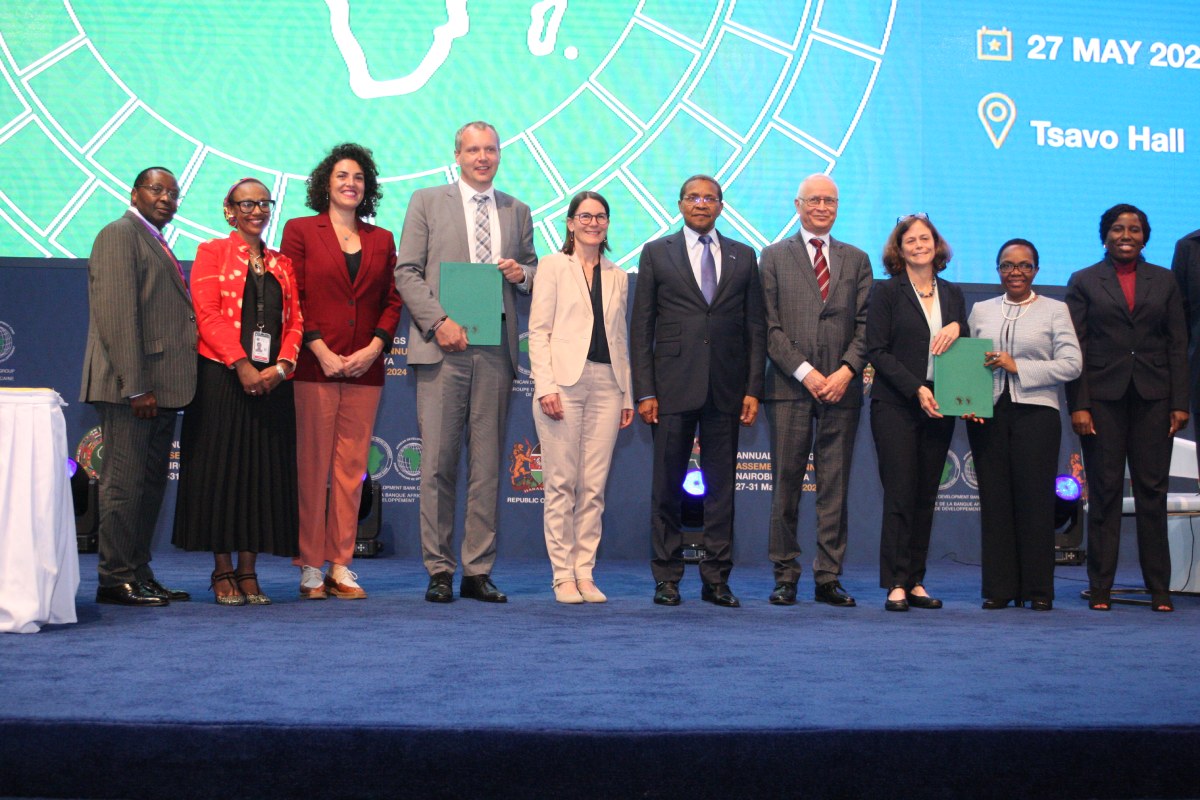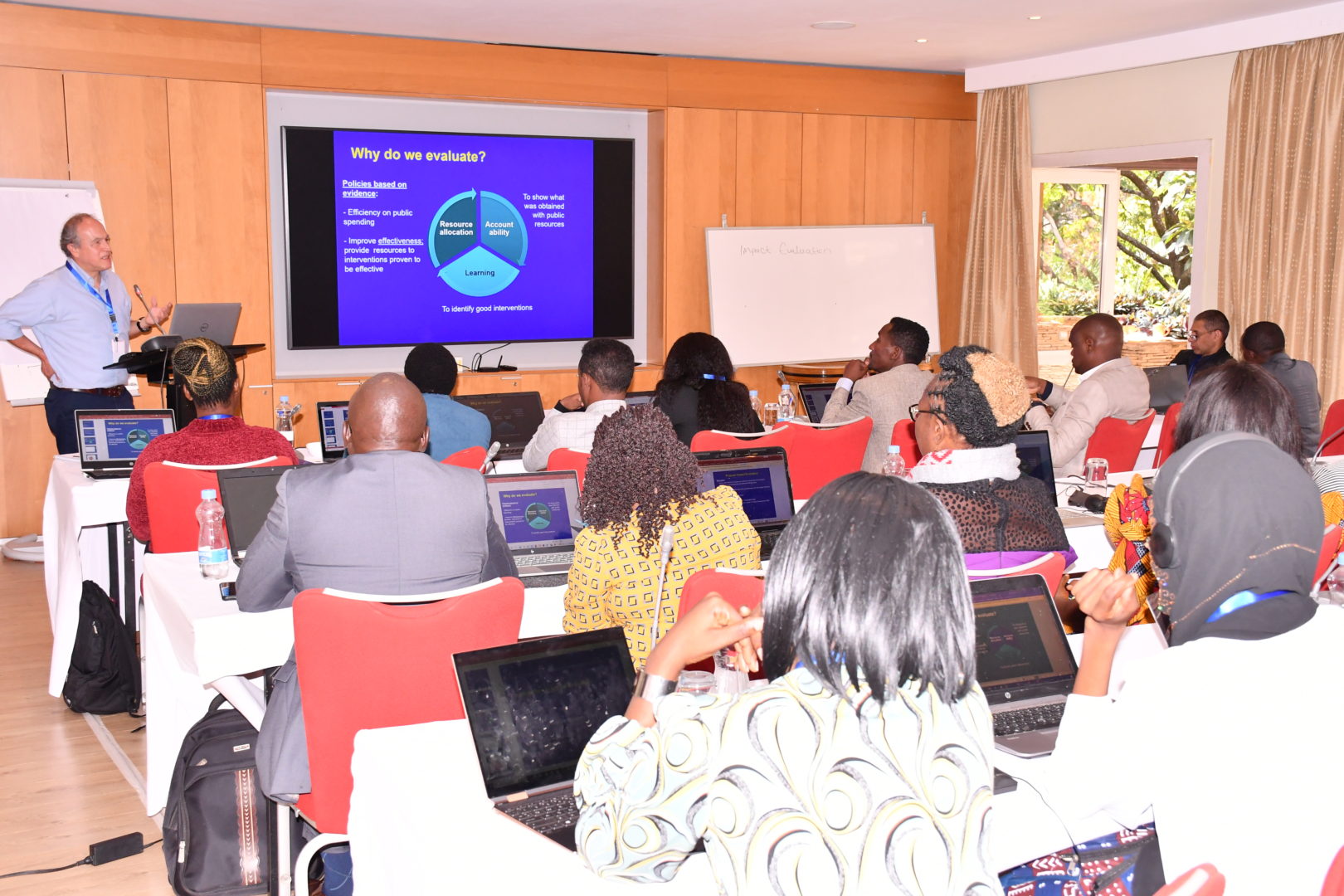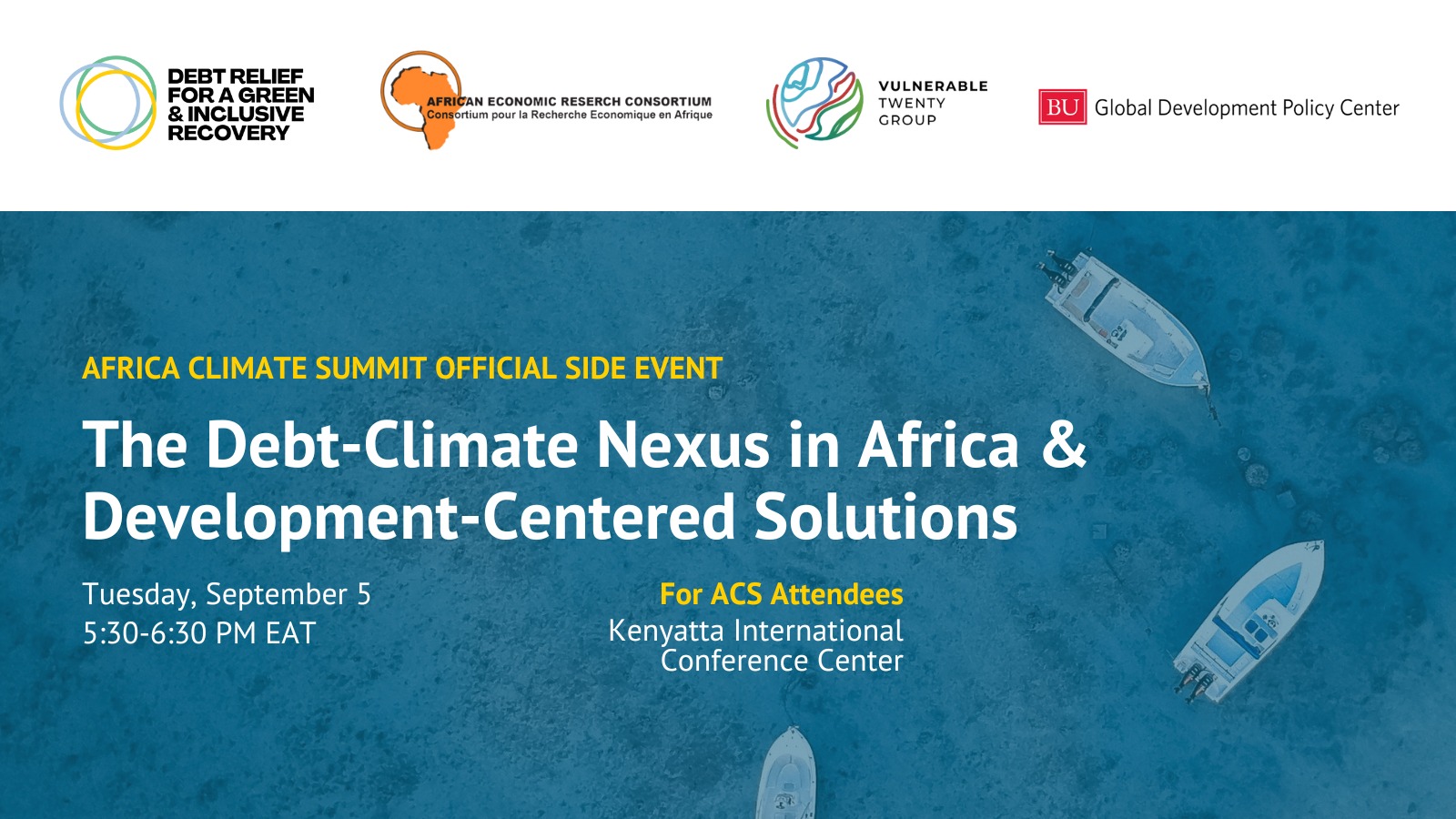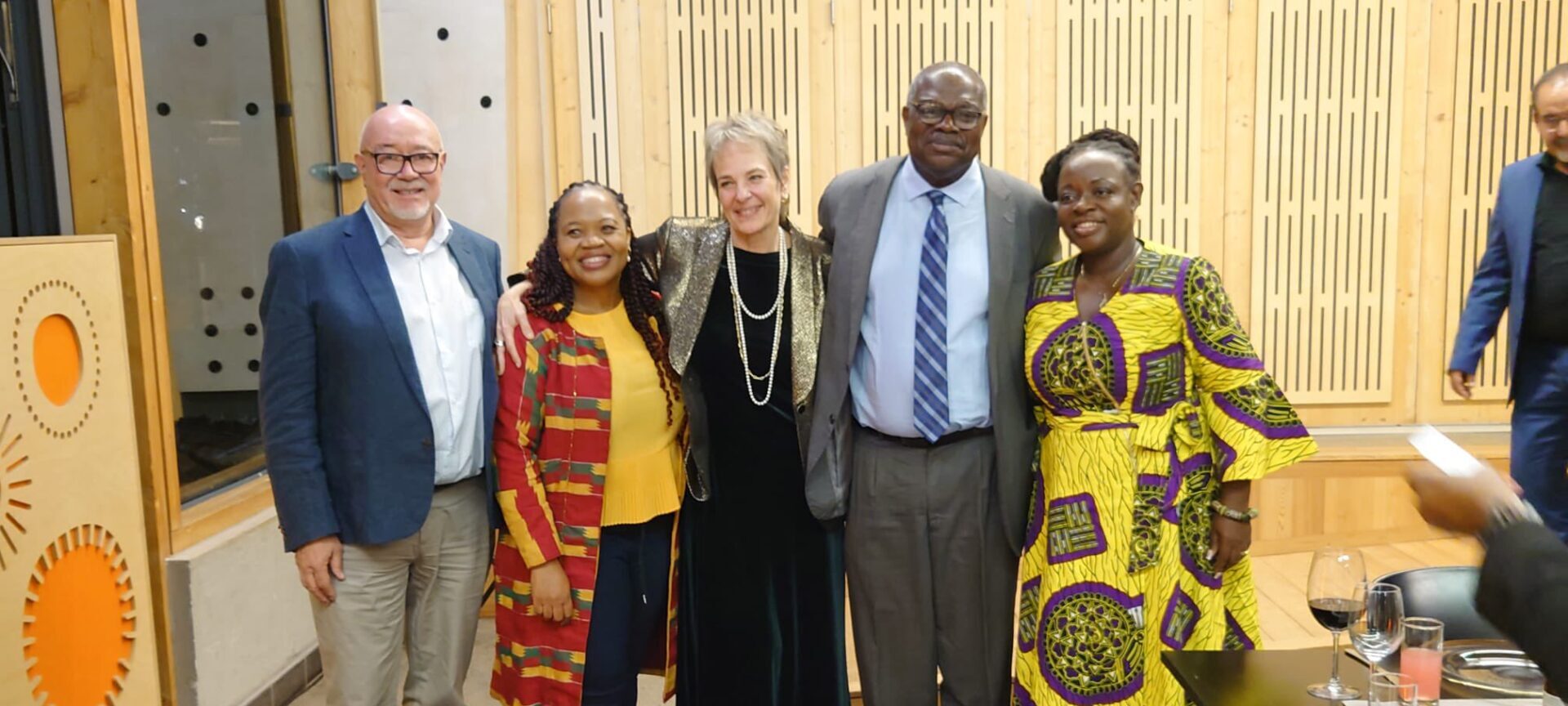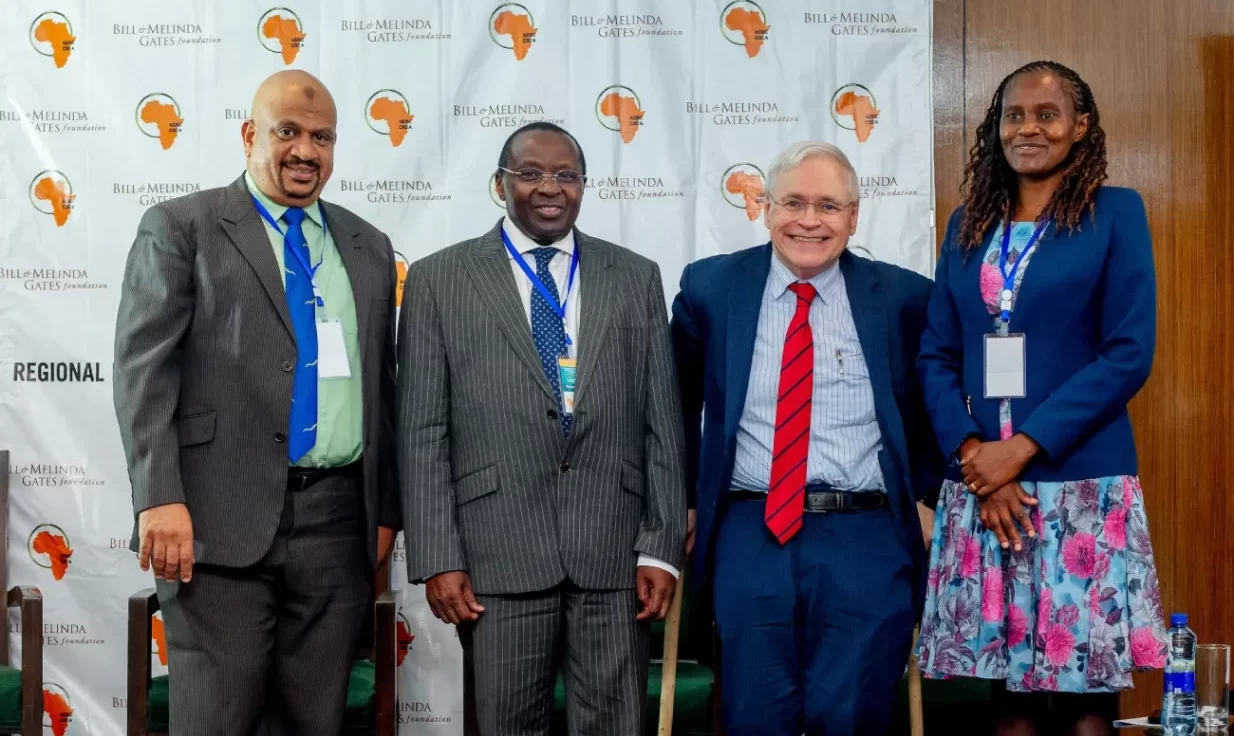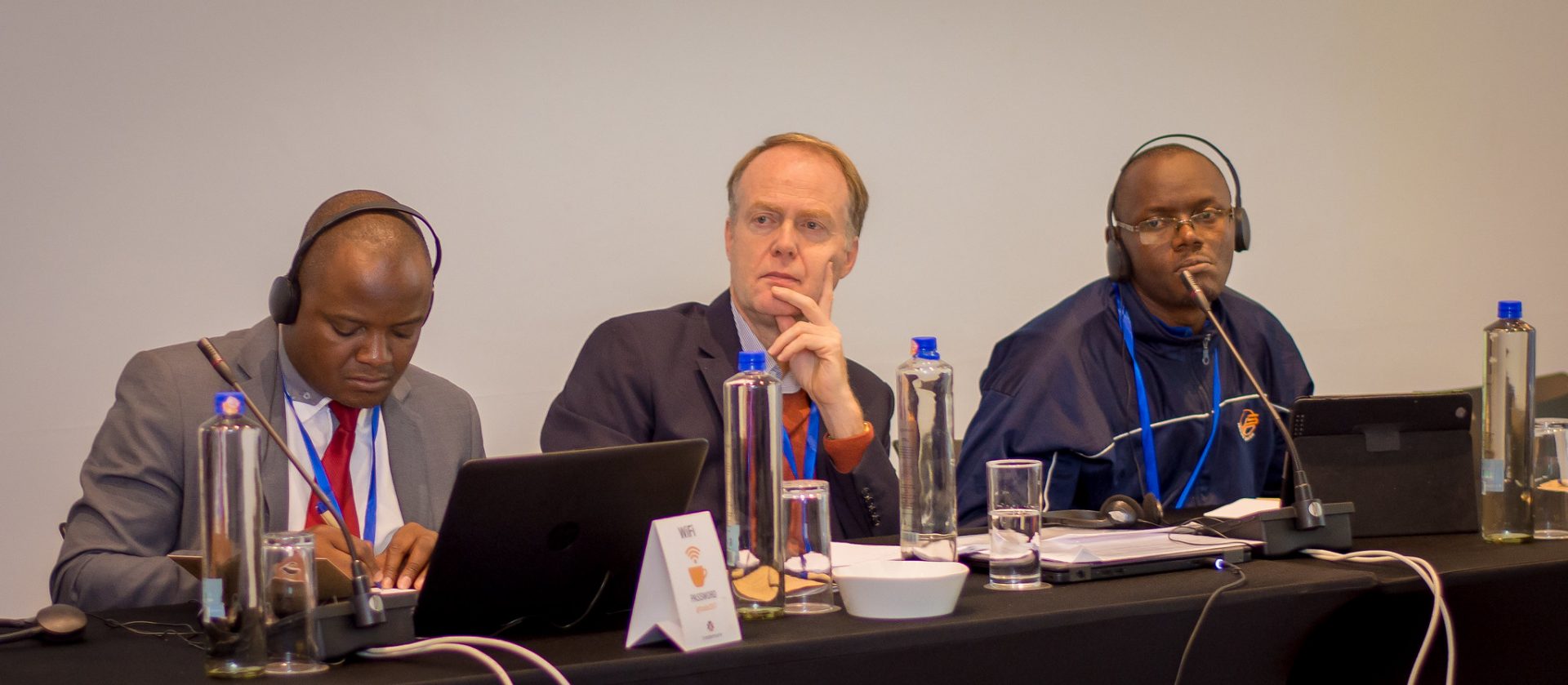

Dissemination Workshop on study “Structural change, productivity and jobs creation: Evidence from Tunisia”
March 23, 2022Tunisia, 2nd March 2022. The African Economic Research Consortium (AERC) in collaboration with the Economic Research Forum (ERF) and the Overseas Development Institute (ODI), hosted a dissemination workshop of the research paper titled “Structural change, productivity and jobs creation: Evidence from Tunisia” authored by Dr. Mohamed Amara, Dr. Faycel Zidi and Dr. Hela Jeddi.
This research paper comes out of a call for proposals under the African Economic Research Consortium (AERC), the Economic Research Forum (ERF) and the Overseas Development Institute (ODI) collaborative research project that seeks to identify the economic sectors with the greatest potential to increase youth employment. This collaborative research project, therefore, aims to strengthen the evidence base on youth employment, drawing on research that will be carried out to examine the growth sectors with the highest multipliers and potential to create employment opportunities.
The dissemination event aimed to give an overview of the paper’s objective, methodology and findings. The event was moderated by Dr. Adel Ben Youssef, Professor of Economics at University of Côte d’Azur. The lead commentators included Dr. Mohamed Ali Marouani, Resident Representative of the Institute of Research for Development (IRD) in Tunisia and Associate Professor in Economics at Paris 1 Pantheon-Sorbonne University, Dr. Mongi Boughzala, an Emeritus Professor of Economics at University of Tunis El Manar and Dr. Abdel Rahmen El Lahga who works at the Faculté des sciences économiques et de gestion de Tunis, University of Tunis.
In his opening remarks, Dr. Ibrahim Elbadawi, ERF Managing Director, emphasized that the issue of structural change is very important especially in view of headwinds that are facing fundamental economic growth, productivity growth and job creation. Structural change can play an important role at the short run and potentially at the long run, provided that governments were able to transfer labor from low productivity informal sectors to higher productivity more formalized sectors both in manufacturing and services.
In her opening remarks, Dr. Scholastica Odhiambo, Manager of Research at AERC, provided an overview on the project’s background, objectives as well as its phases. During the paper’s presentation, Dr. Mohamed Amara discussed first the challenges of job creation in Tunisia and how this relates to structural changes and then he continued to present a firm level analysis for job creation and finally the constraints to promoting jobs from a political economy standpoint and what public actions are recommended in that area. The authors have concluded that the Tunisian manufacturing sector is characterized by low productivity. It is thus opportune to provide it with adequate support measures. For large manufacturing firms, it is important to support their capacity for innovation, while for small manufacturing firms, access to financing represents the main obstacle as providing the financial resources can help these firms especially during the start-up period.
Dr. Mohamed Ali Marouani and Dr. Mongi Abou Ghzala then provided their comments on the paper which started an informative and interesting discussion around the paper’s methodology and findings. Held on March 2nd, 2022, the workshop attracted a various and large number of participants and experts in the field and the workshop was streamed live on the ERF YouTube Channel.


